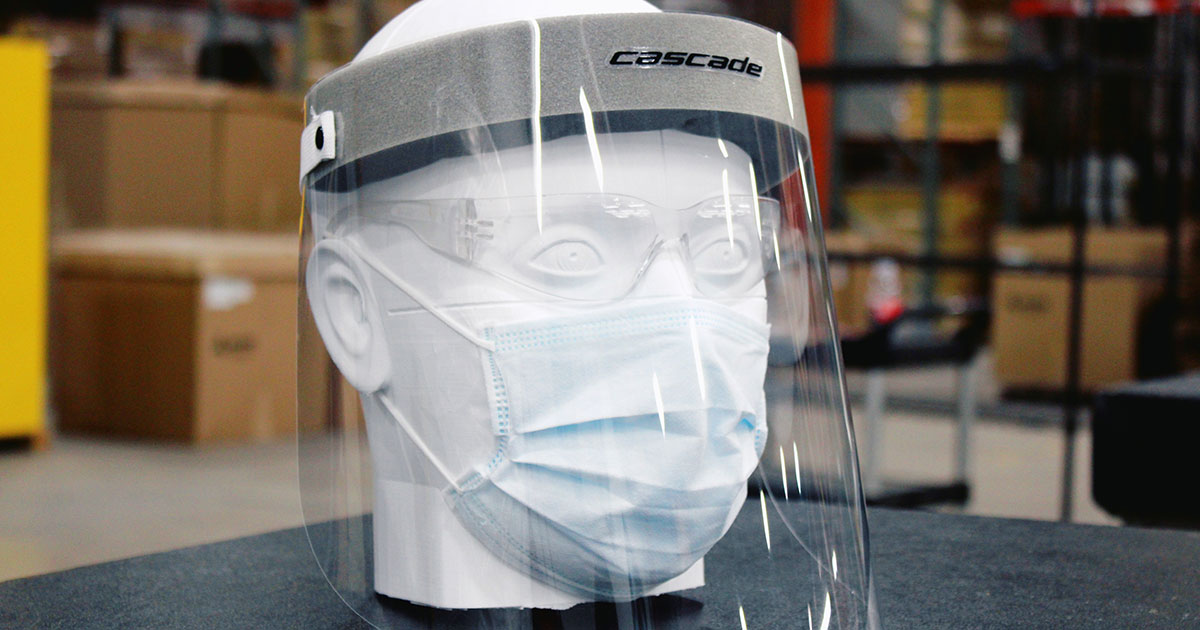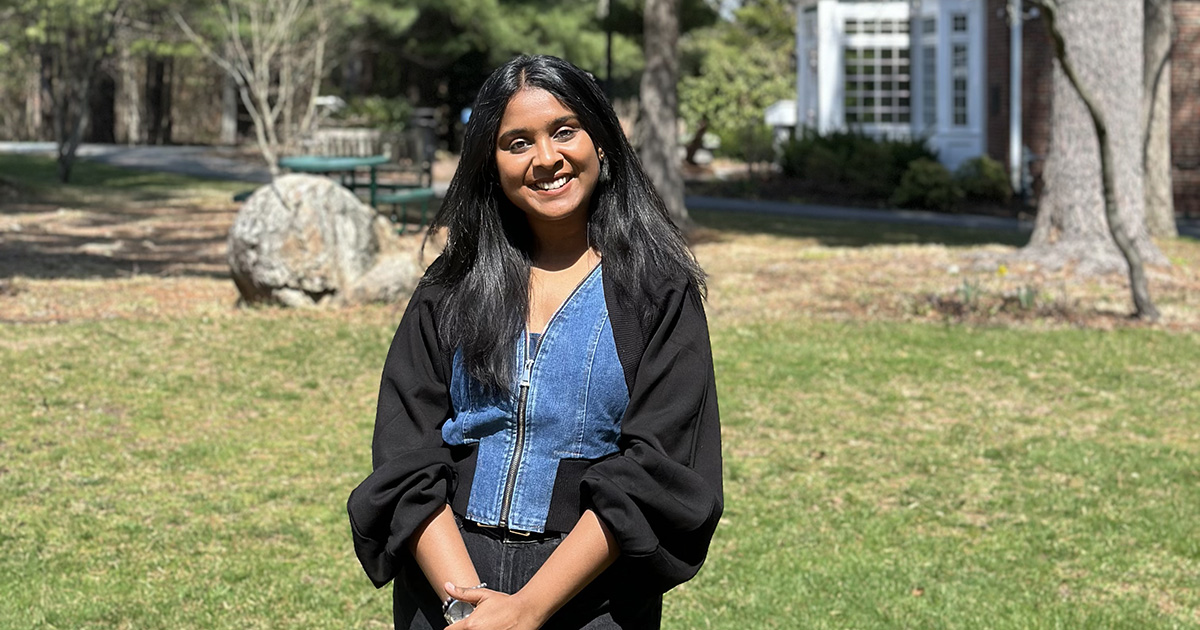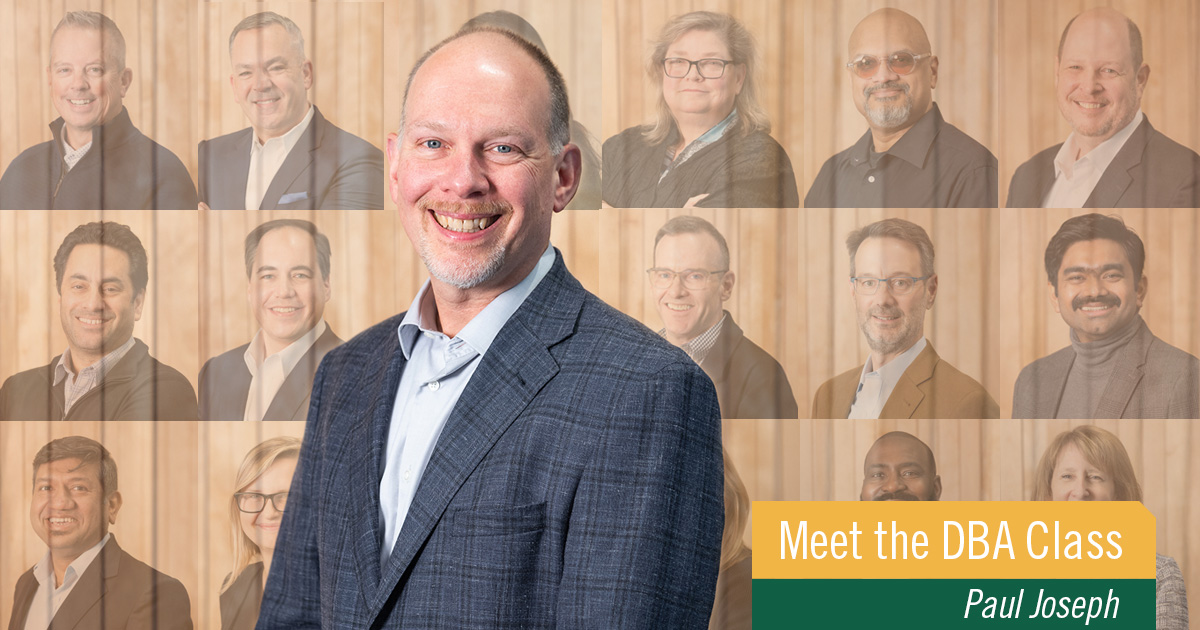Bauer CEO and Babson Alumnus Pivots Production with Purpose

Two weeks ago, a Bauer employee approached CEO Ed Kinnaly ’87 with a suggestion for a solution.
“I’ve got a crazy idea,” the employee said. “Shoot, go for it,” Kinnaly responded.
The conversation was the beginning of a company pivot—from producing hockey equipment to medical face shields—in order to address the shortage of personal protective equipment for health care providers as a result of the coronavirus outbreak.
It also exemplified that a significant shift like this isn’t just limited to companies led by founders.
“We exist to create,” said Kinnaly, who first joined Bauer in 2000 and has served as CEO since 2017. “Entrepreneurship is the essence of the company.”
It Starts with Adaptability
A move from producing hockey to medical equipment requires flexibility, a trait that Kinnaly said comes naturally to Bauer employees.
“It’s amazing because we’re able to do something outside our wheelhouse,” Kinnaly said. “It’s not amazing the way our employees stepped up. It’s how we conduct ourselves as a business.”
“This was the easiest decision we ever made, people needed help. We wanted to do our part as good corporate citizens.”
Bauer CEO Ed Kinnaly '87
The plan also required employees to be comfortable with stepping out of their traditional roles. Since the production shift, manufacturing workers have taken on shipping-related tasks, while project managers have brainstormed marketing campaigns and information technology teams have helped take orders.
This nimble approach to business is ingrained in the company, and Kinnaly termed it as “integral in our success.”
Taking it to Market
Technical drawings of the face shields swiftly led to a market plan, and then hours after that, a prototype.
“It was a short amount of time where the genesis of the idea came to fruition,” Kinnaly said.
Production conversations with Bauer facilities in New York and Quebec helped the company gather materials. Demand is so high that orders already have been halted.
By late April, the company plans to produce 70,000 face shields a week. Because it has stopped taking orders, Bauer has shared its specifications for producing shields with other companies, and also is redirecting orders to alternative manufacturers.
We are encouraging other companies to utilize our design to build similar face shields. Visit https://t.co/nxzpW8YC8U for more information on how they are made. pic.twitter.com/NC8w4K7uRN
— BAUER Hockey (@BauerHockey) March 28, 2020
“A network of companies attacking the problem provides the best chance for everybody to win here.”
Kinnaly said as a group passionate about athletics, Bauer employees viewed the virus as a competition.
Solving problems for athletes for years, they’re now playing that role in an effort to end a pandemic.
“This was the easiest decision we ever made, people needed help,” Kinnaly said. “We wanted to do our part as good corporate citizens.”
Posted in Community, Entrepreneurial Leadership




